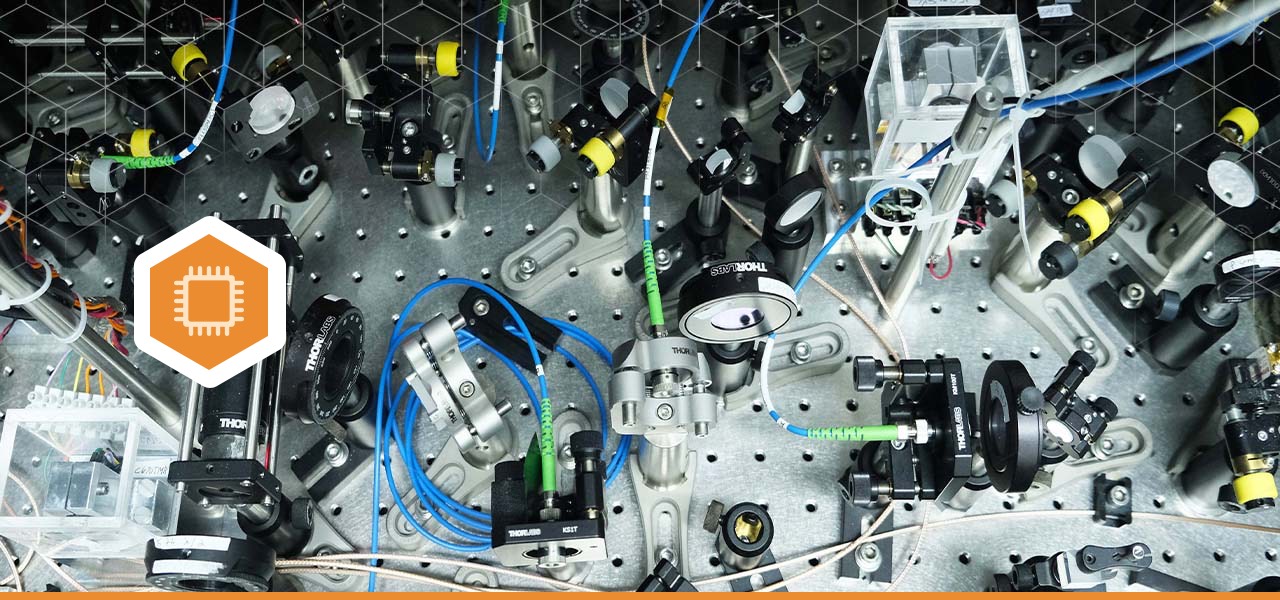
Building a working quantum computer is such a daunting venture that many believe it’s only for tech giants and superpowers, something on a scale beyond Israel’s reach. Prof. Roee Ozeri of the Weizmann Institute of Science begs to differ: “One of the world’s first computers, WEIZAC, was built here in the 1950s, when all Israel had was swamps and camels. Today, Israel is a technological empire; there’s no reason we shouldn’t be front-runners in the quantum computing race.”
Prof. Ozeri’s team succeeded in building a quantum computer – one of about 30 such machines in the world, and one of less than 10 to rely on an advanced technology known as ion traps. An even larger computer is already in the works in Ozeri’s lab, and this one already has a name: In a tribute to WEIZAC, inaugurated at Weizmann back in 1955, the scientists plan to call it WeizQC.
Quantum computers promise to reach computational complexity that is unthinkable using even the most powerful classical computers. This level of ability is known as the “quantum advantage.” It should bring about a slew of applications, from designing unbreakable codes and predicting market fluctuations to accelerating the development of new drugs, materials, and artificial intelligence systems. That’s because in contrast to today’s computers, which are limited by the boundaries of classical physics, quantum computers obey an entirely different set of laws – those of quantum mechanics, which rule the microscopic world.
In our familiar world, humans, cats, or even bits – the basic units of information in classical computing – can only be in one place at a time. In contrast, quantum bits, known as qubits, can be simultaneously present in more than one position or state, which enables them to conduct multiple calculations in parallel, opening the door to vast computing power.
Prof. Ozeri became a pioneer of quantum computing research in Israel some 15 years ago after returning from the United States, where he conducted his postdoctoral studies under the guidance of Nobel laureate David Wineland. “Then, quantum computing was done in university labs,” he says. “But in the past decade, commercial companies such as Google, Amazon, and IBM joined the race to build a quantum computer, while the United States, China, and the European Union initiated massively funded strategic programs to advance the field.”
The Weizmann computer is a five-qubit machine, roughly the level achieved by IBM’s version when the company first started offering quantum computing as a cloud service. WeizQC, which is currently being built in Prof. Ozeri’s lab, is scheduled to work with 64 qubits. It is expected to demonstrate the quantum advantage, which until now has only been achieved by computers built in two labs: at Google and at the University of Science and Technology of China.
